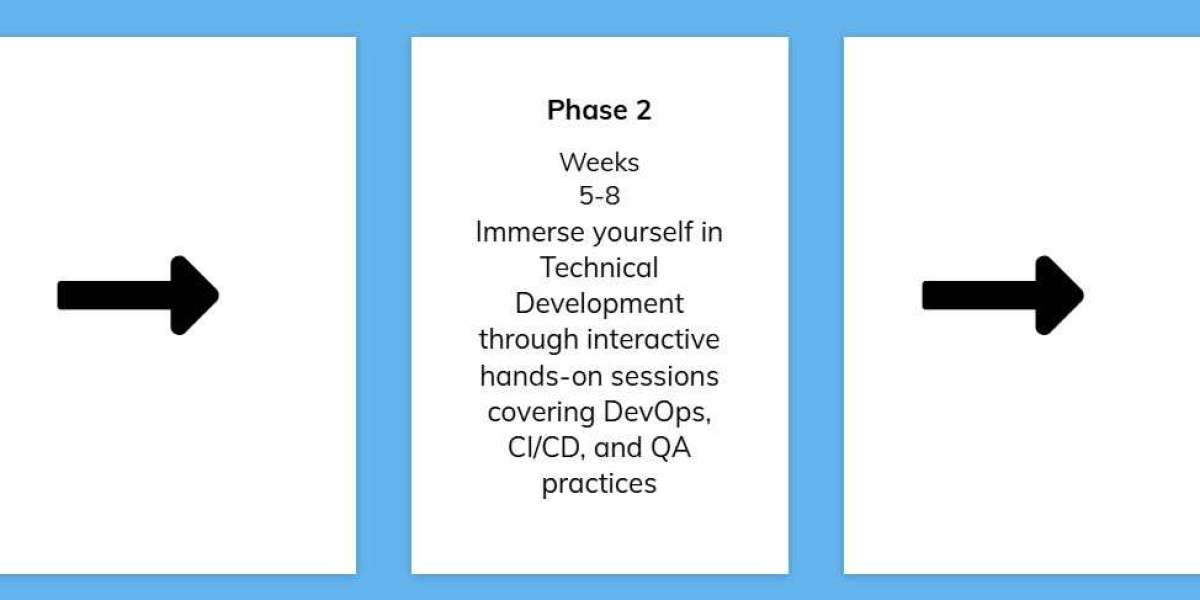Managing projects efficiently requires the right skills and knowledge. Whether you are a beginner or an experienced professional, project management tools and techniques training can improve your ability to handle tasks, collaborate with teams, and deliver results on time.
Organizations today operate in fast-paced environments, where project managers must efficiently plan, execute, and monitor projects to achieve success. Without proper training, managing multiple tasks, deadlines, and teams can become overwhelming.
Why Project Management Training Matters
Every organization relies on well-structured project management to ensure tasks are completed efficiently. Training in project management tools and techniques helps professionals organize workflows, allocate resources wisely, and track progress seamlessly. A structured approach enables teams to work cohesively, ensuring that goals are met with precision.
Professionals who undergo training learn how to establish clear project objectives, define roles, and implement frameworks that lead to successful project execution. Additionally, proper training helps in reducing risks, cutting unnecessary costs, and improving the overall efficiency of project completion.
Essential Project Management Tools
To manage projects effectively, professionals use a variety of tools designed for task allocation, tracking, and collaboration. Modern project management tools offer features such as task assignment, real-time tracking, and communication integration, making it easier for teams to stay aligned. Trello provides a visually intuitive platform where tasks can be arranged in a board format for better organization. Asana allows teams to assign roles and break down complex projects into manageable segments.
Jira is commonly used in software development projects, providing agile workflow management and issue tracking. Microsoft Project supports detailed scheduling and resource allocation, which helps large enterprises plan extensive projects. Monday.com, on the other hand, simplifies project collaboration through automated workflows and dashboards. Selecting the right tool depends on project complexity, team size, and specific industry requirements.
Techniques for Effective Project Management
Mastering project management techniques is as important as using the right tools. A well-trained project manager knows how to apply structured methodologies to enhance efficiency. SMART goals ensure that project objectives are clear and achievable, helping teams stay focused on deliverables. The Critical Path Method (CPM) identifies essential tasks that have the most significant impact on project deadlines.
The Kanban method introduces a visual system that allows teams to continuously improve workflows by tracking progress on boards. The Scrum framework is particularly useful for teams working in agile environments, where short, focused sprints drive productivity. Another crucial technique is risk management, where potential problems are identified early, and mitigation strategies are developed. These techniques contribute to seamless project execution, reducing delays and ensuring high-quality results.
How Training Improves Project Management
Training in project management tools and techniques builds confidence and competence. Professionals learn how to select the best tools for different projects, apply proven methodologies, streamline communication within teams, identify and mitigate potential project risks, and deliver projects on time and within budget.
With the growing complexity of projects, training helps managers handle unforeseen challenges, optimize resources, and improve decision-making. By understanding various project management methodologies, professionals can tailor their approach based on the nature of the project, ensuring successful execution from start to finish.
Choosing the Right Training Program
Selecting the right project management training depends on career goals and industry requirements. Some popular certification programs include Project Management Professional (PMP), which is recognized globally for its comprehensive approach.
Certified Scrum Master (CSM) is ideal for agile project managers who need to lead teams effectively. PRINCE2 Certification focuses on process-based project management, making it suitable for organizations that require a structured methodology. Agile Certified Practitioner (PMI-ACP) equips professionals with the skills needed to excel in agile environments. These programs offer valuable knowledge and practical experience, enabling professionals to apply best practices in their projects.
Practical Benefits of Project Management Training
Investing in project management tools and techniques training provides several advantages. It improves organization by helping teams establish structured workflows that enhance efficiency. Better teamwork results from clear communication and role definition, ensuring everyone understands their responsibilities.
Higher success rates are achieved by reducing project delays and minimizing budget overruns. Stronger decision-making is supported by data-driven insights that help managers prioritize tasks effectively. Additionally, project management training opens doors to career growth, increasing job opportunities and salary potential. Employers value certified project managers, as they bring expertise that leads to successful project completion.
Key Takeaways
Project management tools and techniques training is essential for professionals seeking to improve efficiency and deliver successful projects. By learning the right tools and methods, individuals and teams can streamline workflows, enhance communication, and meet project goals effectively. The application of structured methodologies helps reduce risks and ensures smooth project execution. Companies that invest in training their employees in project management experience increased productivity and improved project outcomes.
Conclusion
Project management success depends on the right combination of tools, techniques, and training. By investing in learning, professionals can handle projects efficiently, meet deadlines, and achieve career growth. The knowledge gained from training empowers project managers to navigate complex projects with confidence, ensuring high-quality results and long-term success.
Ready to improve your project management skills? Enroll in project management tools and techniques training today at Scrum Dojo and take your career to the next level!

